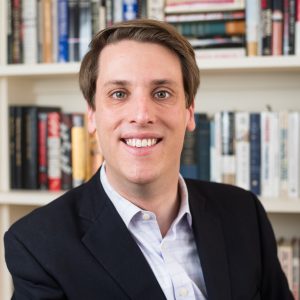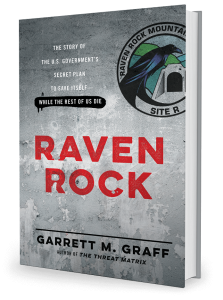Below is the text of my monthly “Editor’s Letter” in the new issue of Washingtonian.
—-
Fathers end up controlling so much of their sons’ destinies, both consciously and subconsciously. I’ve come to believe that most men—not all, but certainly the majority—spend their lives trying to be either exactly like or exactly unlike their dads. We absorb so much from the main male in our life—lessons about success and ambition, love and relationships, and coping with life’s trials.
This theory seems particularly true in Washington, which attracts so many ambitious strivers. At the risk of vastly oversimplifying complicated psychologies, it’s easy to see, for instance, both President Obama and his predecessor, George W. Bush, as men whose lives have been shaped dramatically by their fathers—in the first case by his quiet absence, in the other by his forceful presence. Obama’s bestselling memoir, after all, is Dreams From My Father.
In The Path to Power, volume one of Robert Caro’s expansive quartet on Lyndon Johnson, the author describes a very young LBJ trying to copy his father precisely in style and mannerisms—even wearing the same cowboy hat. Then after his dad suffered financial setbacks and Lyndon could no longer buy candy at the local store on credit, he spent the rest of his life striving to be somebody, to put behind him the shame he’d felt over being his poor dad’s son in the Texas hill country.
I’ve always known how lucky I am that my father has been a positive driver in my life. A journalist for the Associated Press most of his career, he has inspired me through his exciting life and his way of telling stories. He, in turn, grew up in a household surrounded by his stepfather’s tales of his own career in journalism, dating to Pittsburgh in the 1930s as a police reporter and as drama critic for the New York Herald Tribune in the ’40s and ’50s.
The influence of fathers figures into two articles in this issue. Both Todd Kliman’s profile of swashbuckling restaurateur Mark Kuller (page 74) and Ariel Sabar’s story about Meguiel Merritt (page 50) are about men struggling with paternal legacies—and in Merritt’s case, his own role as a dad. Sabar’s story is packed with emotion: He takes us through the life of a man who, having weathered the consequences of bad choices in his past, is now steadily employed at one of DC’s most storied institutions—Howard University—yet still finds himself on the outside.
The article’s overarching question—is there room in the “new” DC for Meguiel Merritt?—haunted me, particularly as we also celebrate, in this month’s Taste section (page 119), our first-ever review of a restaurant in the District’s burgeoning Bloomingdale neighborhood, near where Merritt has worked for three nearly decades.
A few blocks away, the explosion of exciting (and pricey) dining, retail, and condominiums up and down DC’s 14th Street, Northwest—including Mark Kuller’s newest venture, the Southeast Asian eatery Doi Moi, slated to open in late August—is changing that corridor more quickly than anyone imagined. This past spring, the Central Union Mission, a longtime homeless shelter at 14th and R, moved to make way for 50 condos that start around $400,000.
It’s hard to walk down 14th Street and not be excited by its energy, but it’s important to remember that not everyone shares the same definition of progress.



Recent Comments